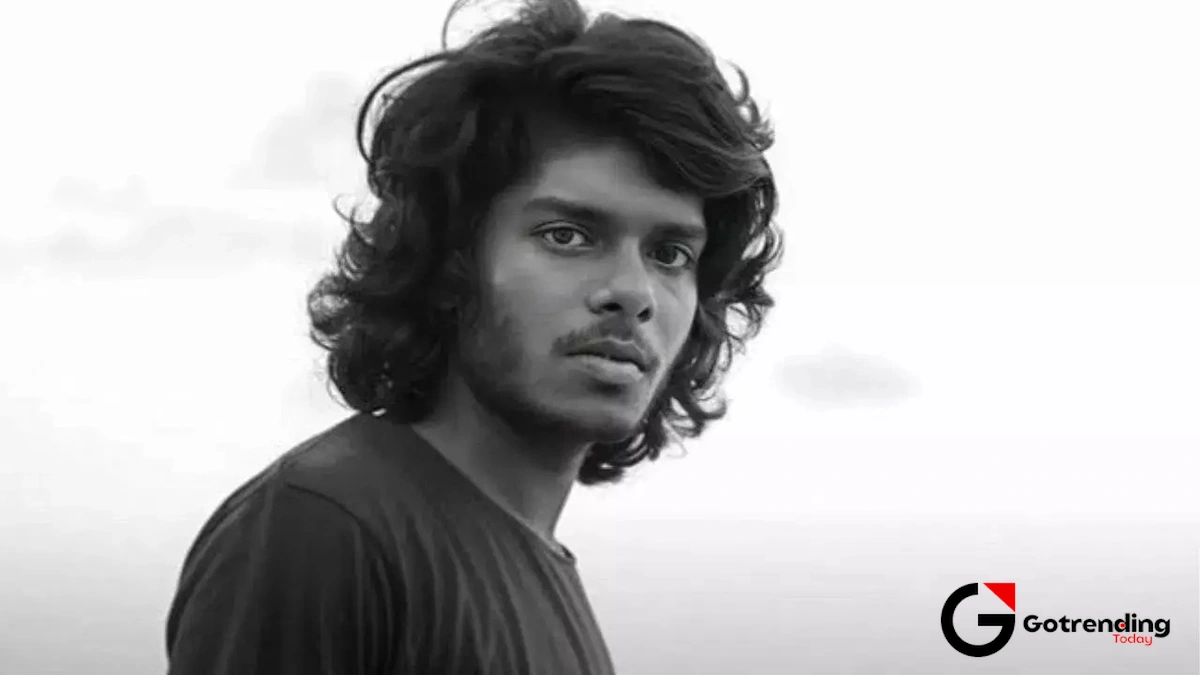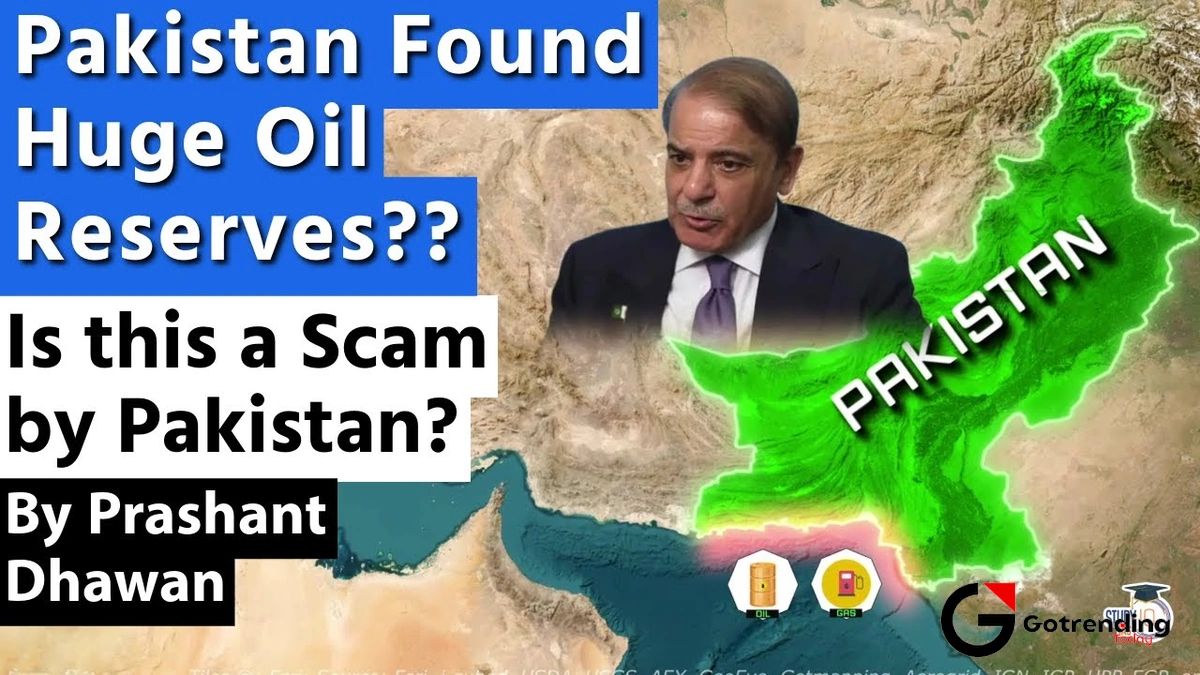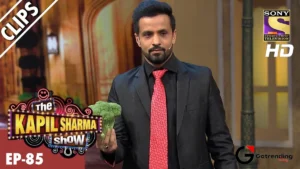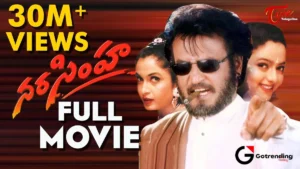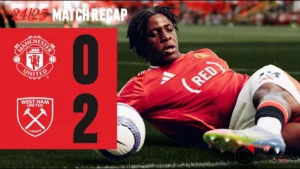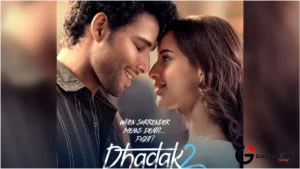The Kavin Issue | Untangling the Messy ‘Star’ Movie Controversy
You know, every so often a story pops up in Kollywood that’s just… messy. Not in a fun, dramatic, on-screen way, but in a complicated, off-screen, “who-do-you-even-believe” sort of way. And right now, that story is the Kavin issue . It’s a whole thing. A tangle of accusations, creative ownership debates, and the ever-present power dynamics of the Tamil film industry. I’ve been following this since the first whispers started, and honestly, the more you look into it, the more knotted it seems.
It’s not just about one movie. It’s about a pattern. A nagging feeling many of us have when we watch a film and think, “Wait, haven’t I heard this idea before?” But this time, someone is putting their foot down and forcing everyone to pay attention.
So, What’s the Real Kavin ‘Star’ Movie Controversy?
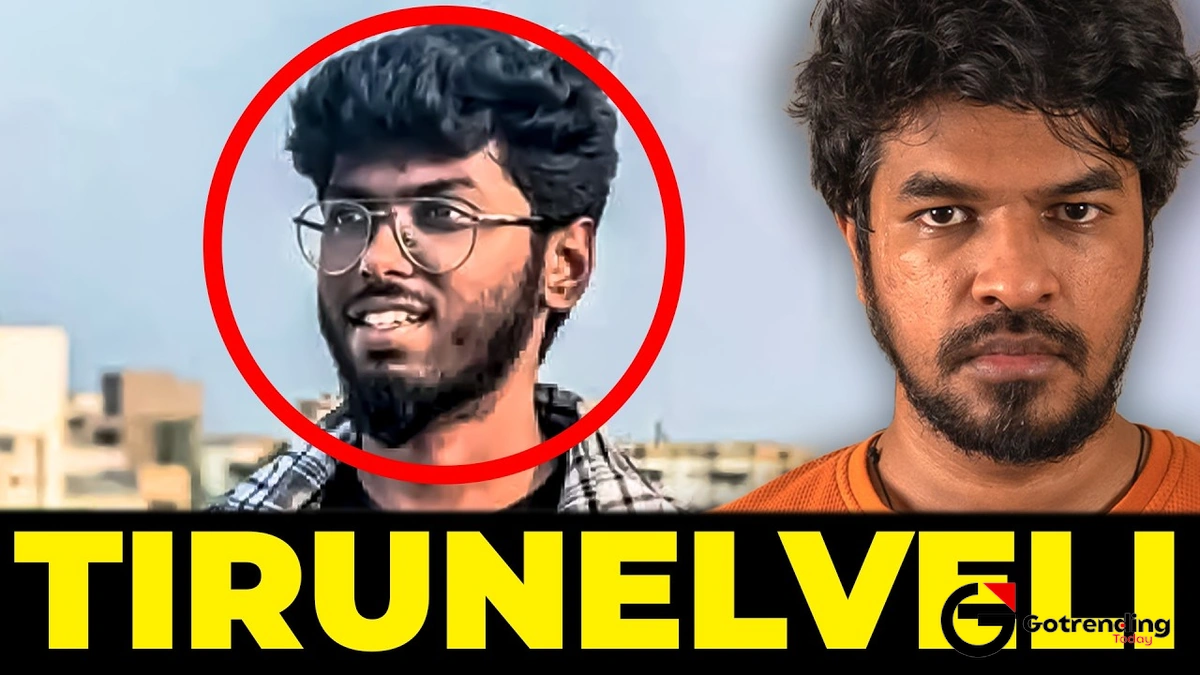
Alright, let’s break it down. At the heart of this is Kavin’s latest film, “Star,” directed by Elan. The movie hit theatres, got people talking, and Kavin was riding high on a wave of well-deserved praise for his performance. But then, a different kind of story emerged. A writer named Ponram came forward with a pretty serious allegation. He claimed the core story of “Star” was his. Stolen.
And this isn’t just a vague “our ideas are similar” claim. The Ponram complaint is specific. He alleges that he registered a story with the South Indian Film Writers’ Association way back in 2017. He even claims to have narrated this very story to Kavin himself at one point. Ouch. That’s the kind of detail that makes you sit up and take notice. This isn’t just a case of two people having the same lightbulb moment; this is an accusation of a direct lift.
The director, Elan, has of course denied it all. He maintains the story is his own, born from his own experiences and creativity. So you have two creatives claiming ownership of the same narrative soul. It’s a classic film-world dilemma, one that pits an emerging writer against a celebrated director and a fast-rising star. Who has more to lose? And more importantly, who is telling the truth?
The Messy Reality of Story Plagiarism in Cinema
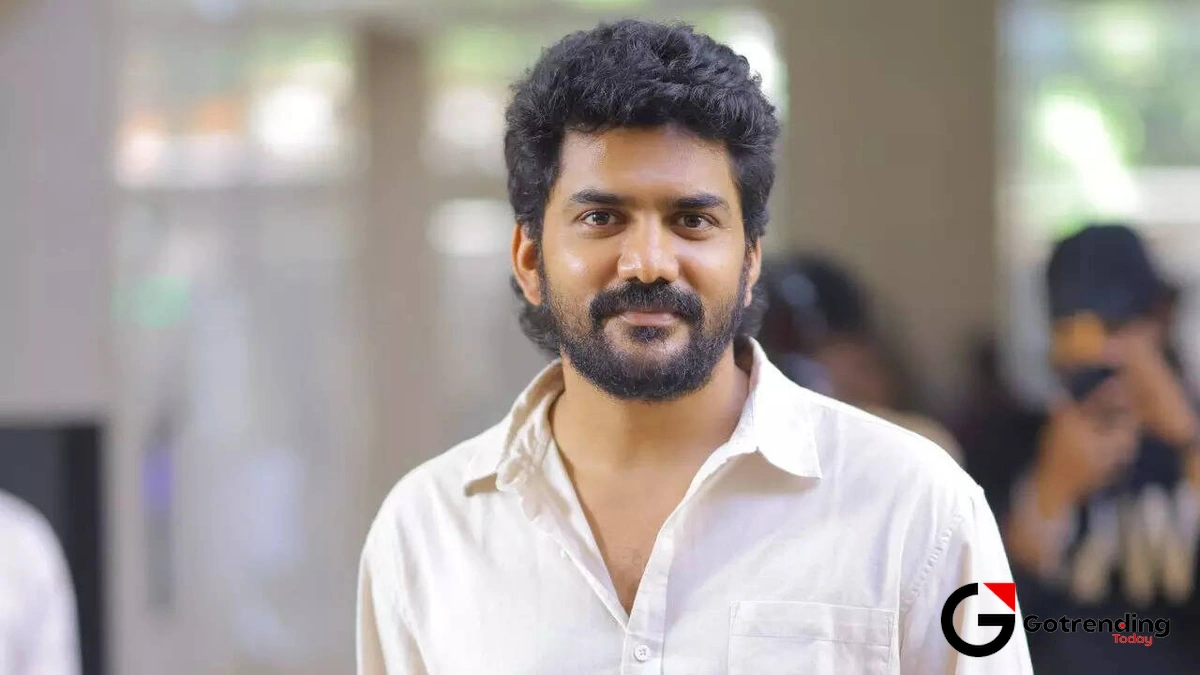
Here’s the thing about creative industries, and especially the Tamil film industry . Ideas are the currency, but they’re also incredibly slippery. How do you prove an idea is exclusively yours? This is where things get murky and where organizations like the Writers’ Association are supposed to step in. They act as a sort of escrow for ideas, a timestamped registry to prove you had the concept first.
But having a registration and proving theft in a way that holds up are two very different beasts. The core of the story plagiarism claim seems to be about the journey of an aspiring actor, a theme that isn’t exactly groundbreaking. But Ponram’s camp insists the similarities in plot points and character arcs are too specific to be a coincidence. The Kavin Elan legal case , which is what this is escalating into, will have to dissect the very structure of storytelling.
It forces a really uncomfortable question: where is the line between inspiration and infringement? It’s a legal and ethical minefield. The Indian Copyright Act, 1957 , provides a legal framework, but applying it to the nuances of a film script is incredibly complex. It’s not like copying a line of code; it’s about themes, feelings, and progressions. I initially thought this was just industry noise, but the persistence of the claim and the involvement of the union suggest there’s some fire to go with all this smoke.
This whole situation reminds me of the constant battles for originality in other creative fields, like the endless clones and “inspired” versions of popular games. It’s a fight for credit that happens everywhere, from a blockbuster like BGMI to an indie film script.
More Than Just a Legal Spat, It’s About Respect
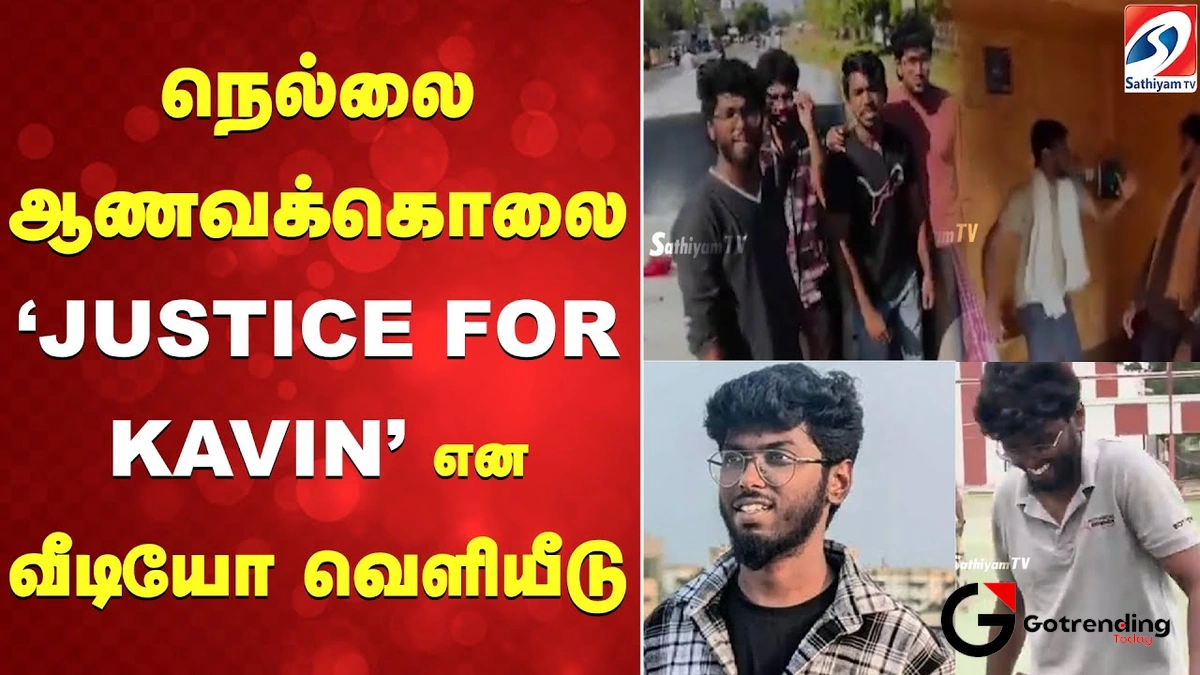
Honestly, the frustrating thing about the Kavin issue isn’t just the legal drama. It’s what it represents. For decades, writers in Indian cinema have felt sidelined. They’re the foundation of the entire enterprise, yet they often struggle for credit, fair compensation, and protection of their intellectual property. A controversy like this throws a harsh spotlight on that struggle.
Whether Ponram’s claim is valid or not and we have to let that process play out it speaks to a deep-seated vulnerability that writers feel. They pour their souls into a script, shop it around, and live in constant fear that someone with more power and resources will just take it and run.
For Kavin, this must be a nightmare. You deliver a career-defining performance, and suddenly it’s tainted by a controversy that isn’t even directly about your work as an actor. It becomes a permanent asterisk next to the film’s name. It’s a tough lesson in how the business side of show business can overshadow the art. It’s a career risk, a kind of unexpected liability you can’t really insure yourself against, unlike the more straightforward financial planning we all have to think about. It just goes to show you can have a solid plan, much like the real talk about LIC , but some risks are impossible to predict.
I keep coming back to this point because it’s crucial: this is bigger than Kavin, Elan, or Ponram. It’s a stress test for the industry’s ethical framework. Will the system protect the little guy? Or will influence and power win the day? We’ve seen this movie before, and the ending is usually disappointing.
FAQs on the Kavin Issue
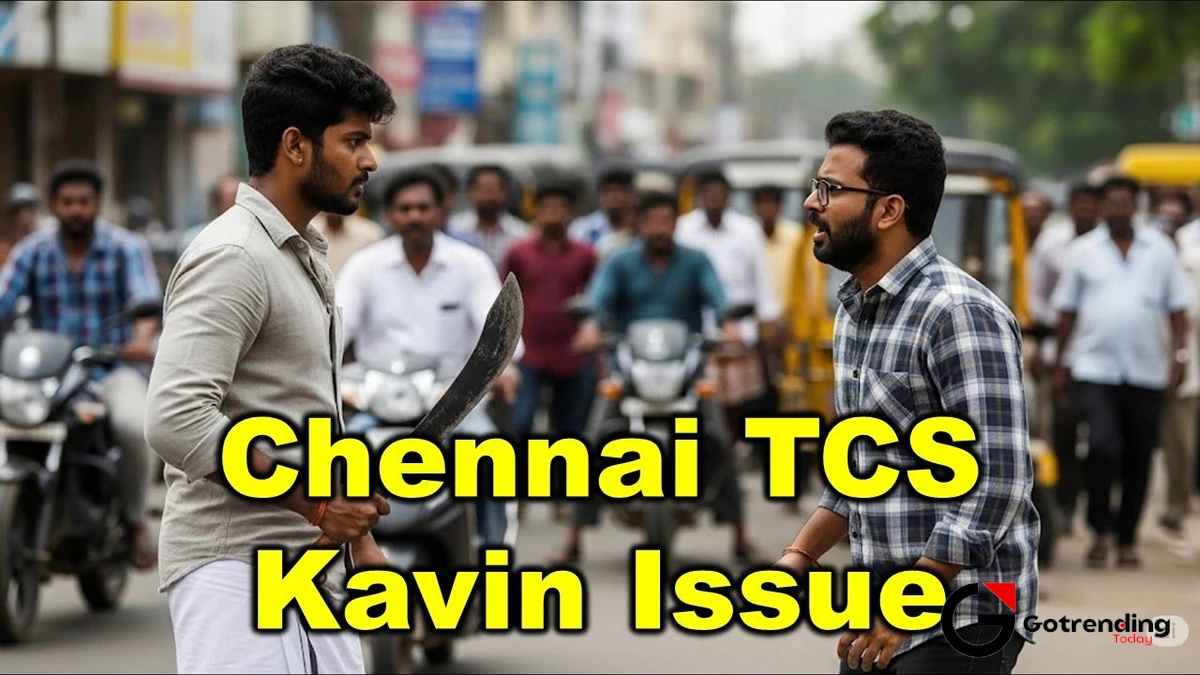
So, did Kavin actually steal the story for ‘Star’?
That’s the million-rupee question, isn’t it? Right now, it’s an accusation, not a proven fact. Ponram has filed a formal complaint and presented his side. Kavin and the director, Elan, have denied it. The matter is with the writers’ union and could potentially go to court. Until there’s a formal ruling, it’s a “he said, they said” situation. It’s unfair to declare anyone guilty without that process.
Who is Ponram, the writer who filed the complaint?
Ponram is an aspiring writer in the Tamil film industry. He’s not a household name, which is a key part of this narrative. This is often framed as an unknown artist fighting for recognition against established names. According to his complaint, he’s been working to get his stories made for several years.
What exactly does the Writer’s Union do in a case like this?
Think of them as a mediator and a record-keeper. A writer can register their script with the union, which creates a timestamped proof of their work. When a dispute like the Kavin issue arises, the union will review both scripts (the registered one and the film’s script) to see if there’s a substantial, undeniable overlap. They can offer a verdict, but it’s not legally binding like a court’s. However, their opinion carries a lot of weight within the industry.
Could this controversy affect Kavin’s career?
It’s possible, but probably not in a major, long-term way, especially since the accusation is aimed more at the director. For Kavin, it’s more of a reputational headache. It attaches a negative story to one of his biggest successes. If the claim is proven true, it might make him more cautious about the projects he chooses, but audiences tend to separate actors from directorial controversies over time.
A Story as Old as Cinema Itself
In the end, what are we left with? A shadow cast over a good film and a stark reminder that the stories behind the camera are often more dramatic than the ones in front of it. The Star movie controversy will eventually resolve. There might be a quiet settlement, a public statement, or it might just fade away as the next big issue takes over the news cycle. That’s how it usually goes.
But for a moment, it’s forced a conversation. A conversation about artistic integrity, about the value of a writer, and about the very nature of creation. And maybe, just maybe, that’s the one thing that will stick, long after everyone has forgotten the specific details of the Kavin issue. One can hope, anyway.


